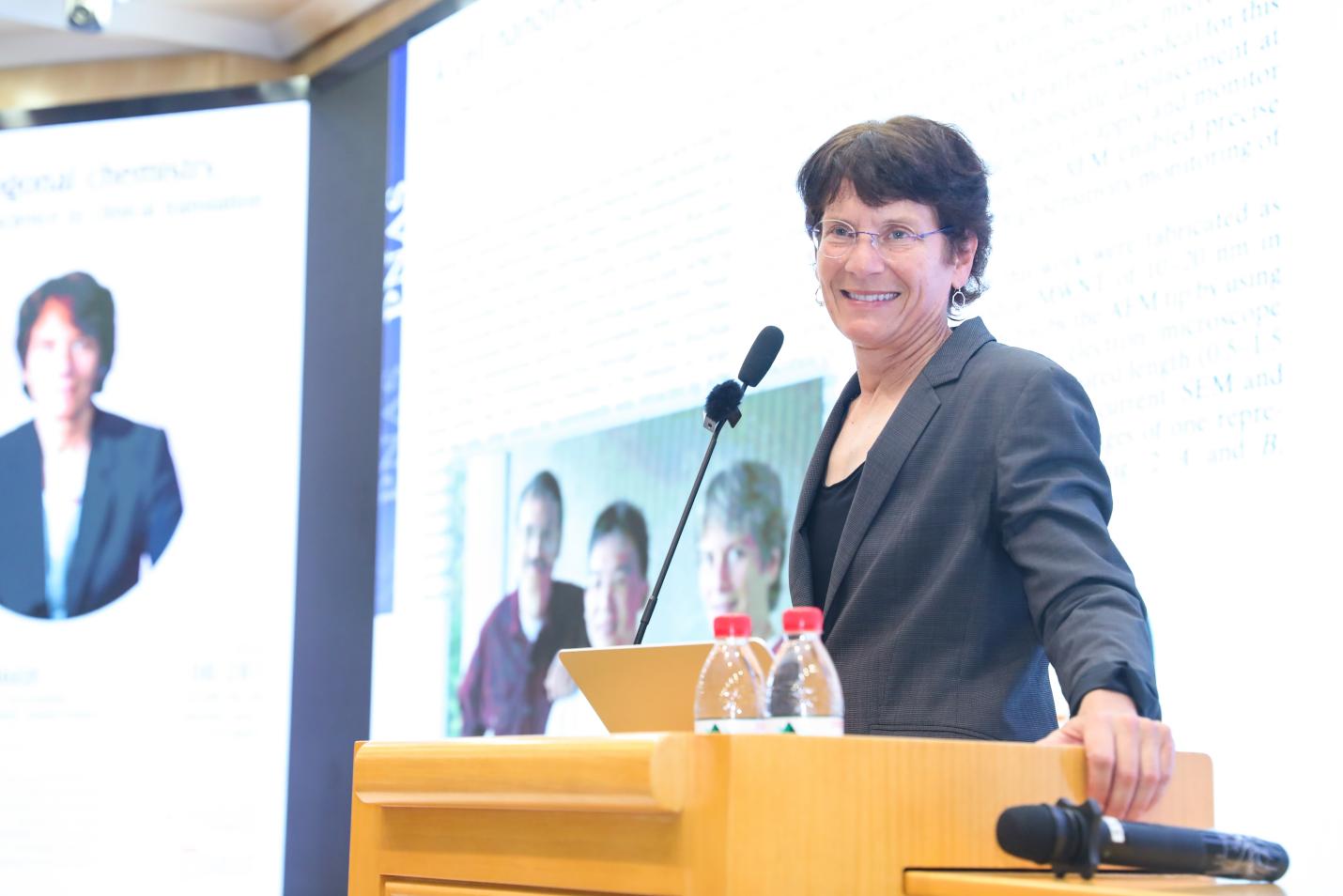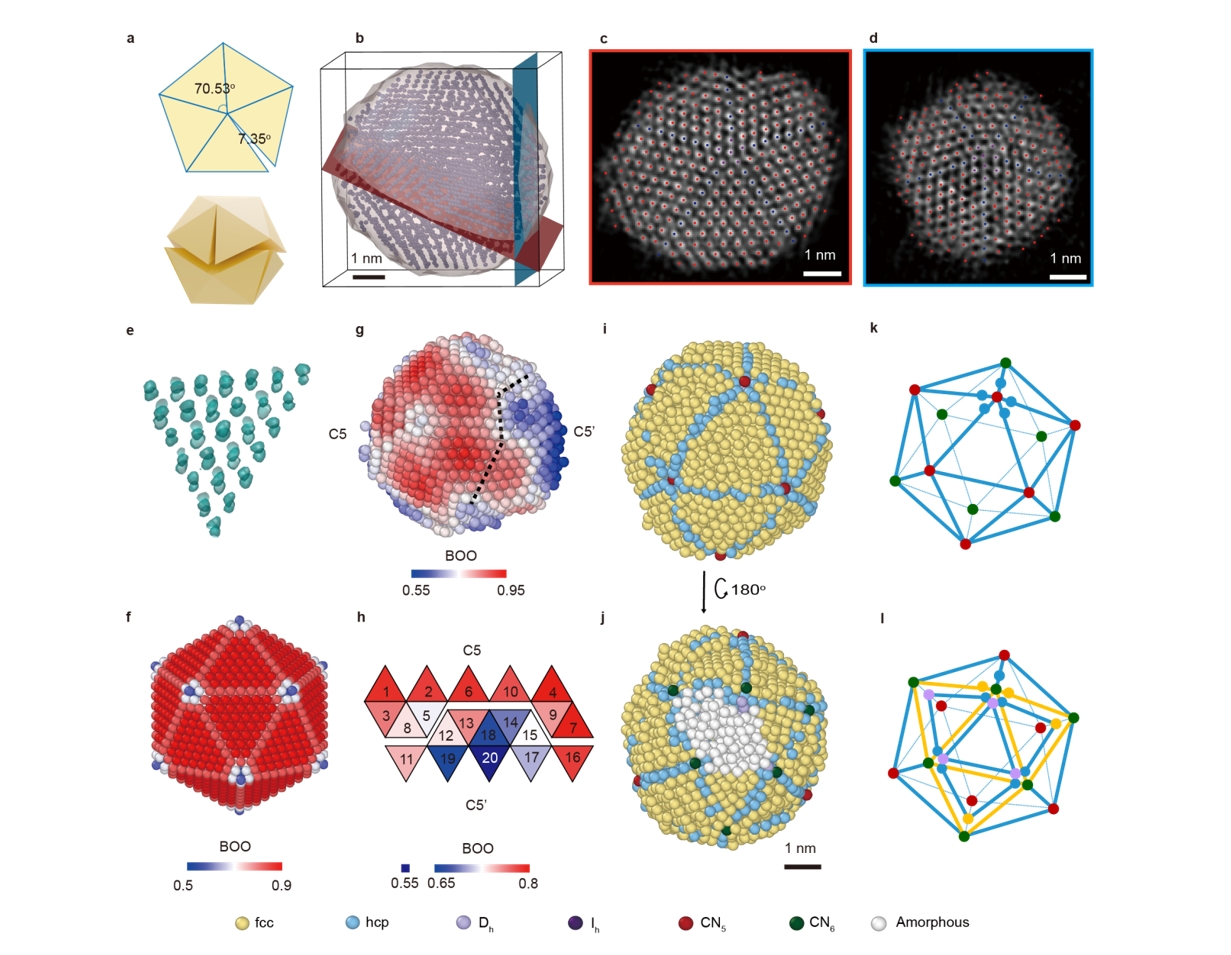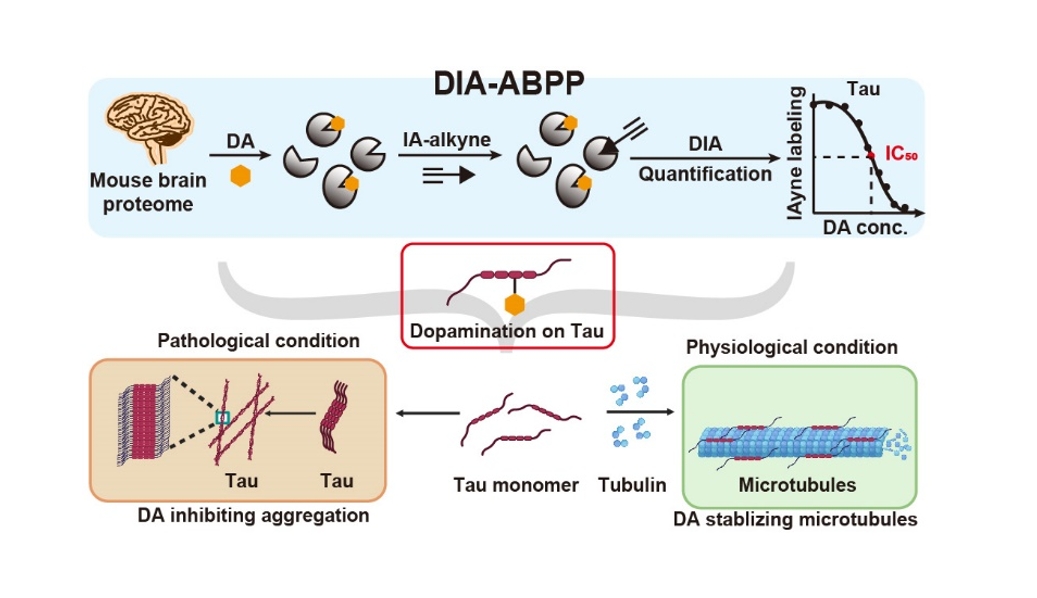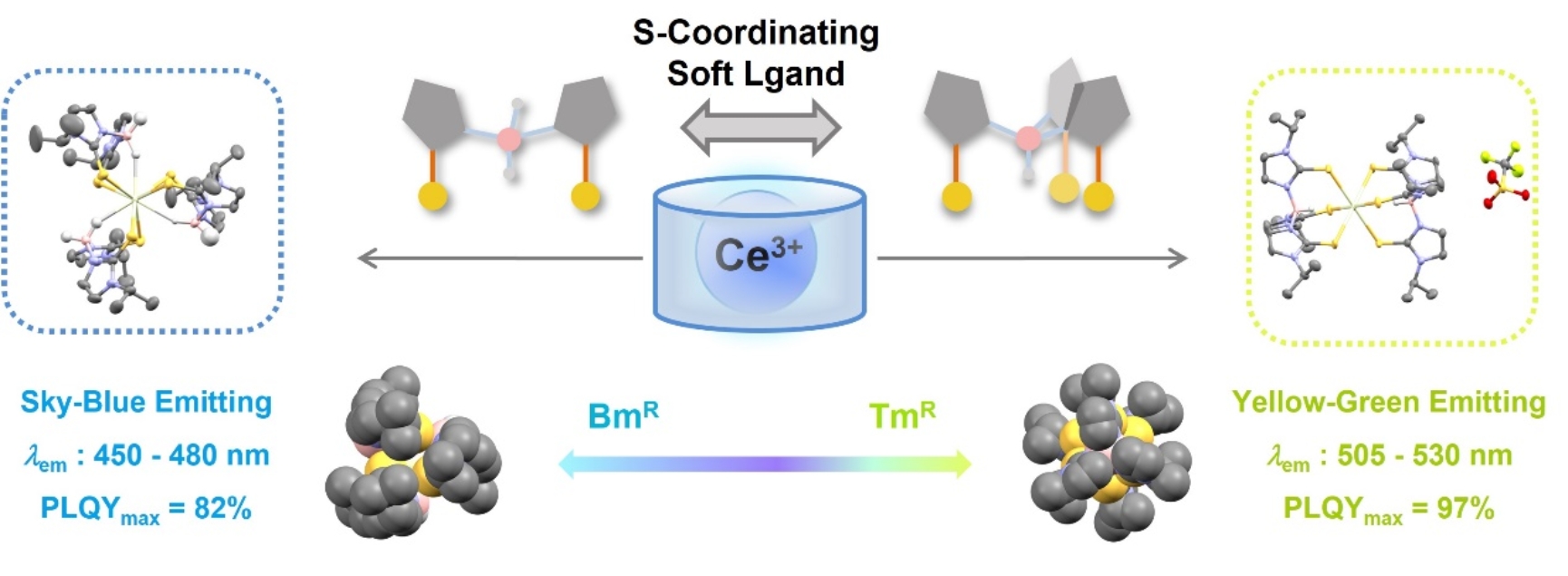About the Professor
Yan Li, Boya Distinguished Professor of Peking University, taught the national-level quality course General Chemistry for over 20 years. She has long engaged in carbon nanotube research, leading her team to win the Second Prize of the National Natural Science Award. She has also been recognized as a National Outstanding Scientific Worker, National March 8 Red-Banner Holder, Outstanding Scientist of the Evonik Chemical Innovation Award by the Chinese Chemical Society, Beijing Outstanding Teaching Faculty, and one of Peking University’s Top Ten Teachers and Top Ten Mentors.
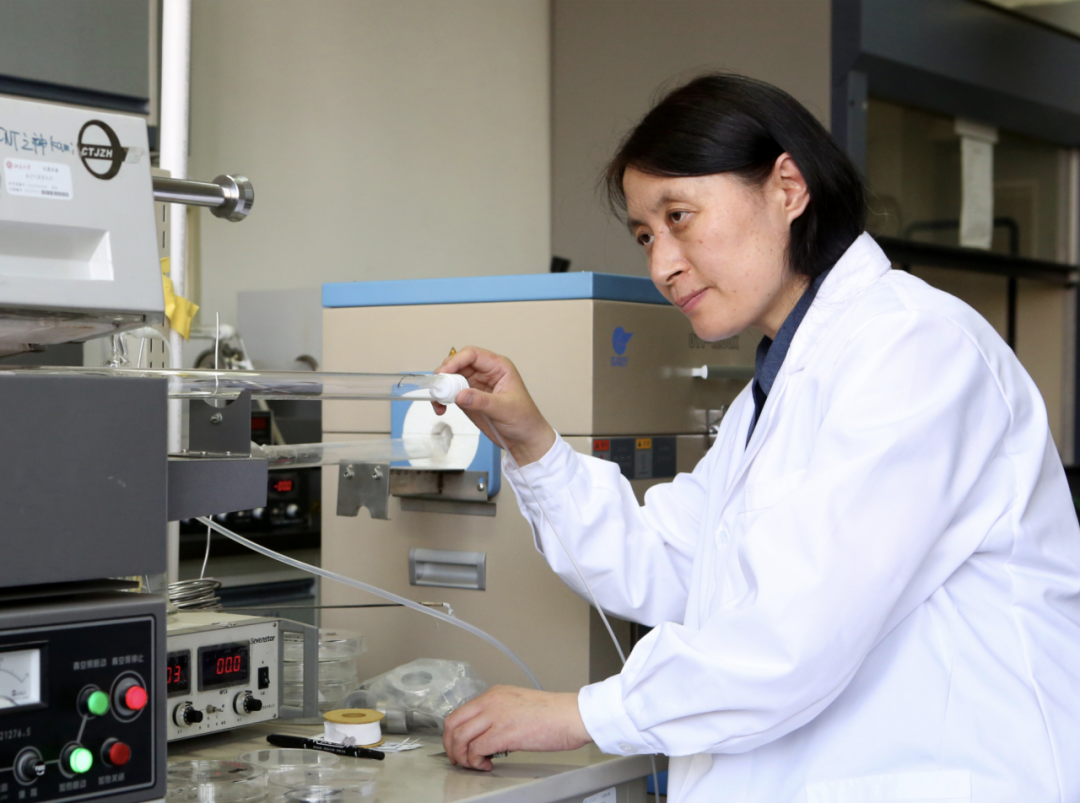
In 1995, I had the honour of becoming a faculty member of the Department of Chemistry at Peking University (now the College of Chemistry and Molecular Engineering). At the very beginning of my independent research career, I took on the responsibility of teaching General Chemistry, the core foundational undergraduate course of the college. This is the very first chemistry course for students entering the major, and it is naturally of great importance. Teaching it well is no easy task.
Fortunately, I was working within the great family of Peking University Chemistry, a place rich in academic heritage and fine traditions. The teaching spirit of earlier generations of chemists — such as Professors Fu Ying, Zhang Qinglian, and Xu Guangxian — shone like lighthouses to guide my way. They were rigorous in scholarship yet deeply caring for students, nurturing like spring rain that moistens silently. Inspired by them, I made a quiet resolution: I must strive to learn from these masters and become a teacher at Peking who carries both warmth and humanity. From then on, my guiding principle became “teaching is greater than all else.” I have always placed teaching and talent cultivation above everything else in my work.
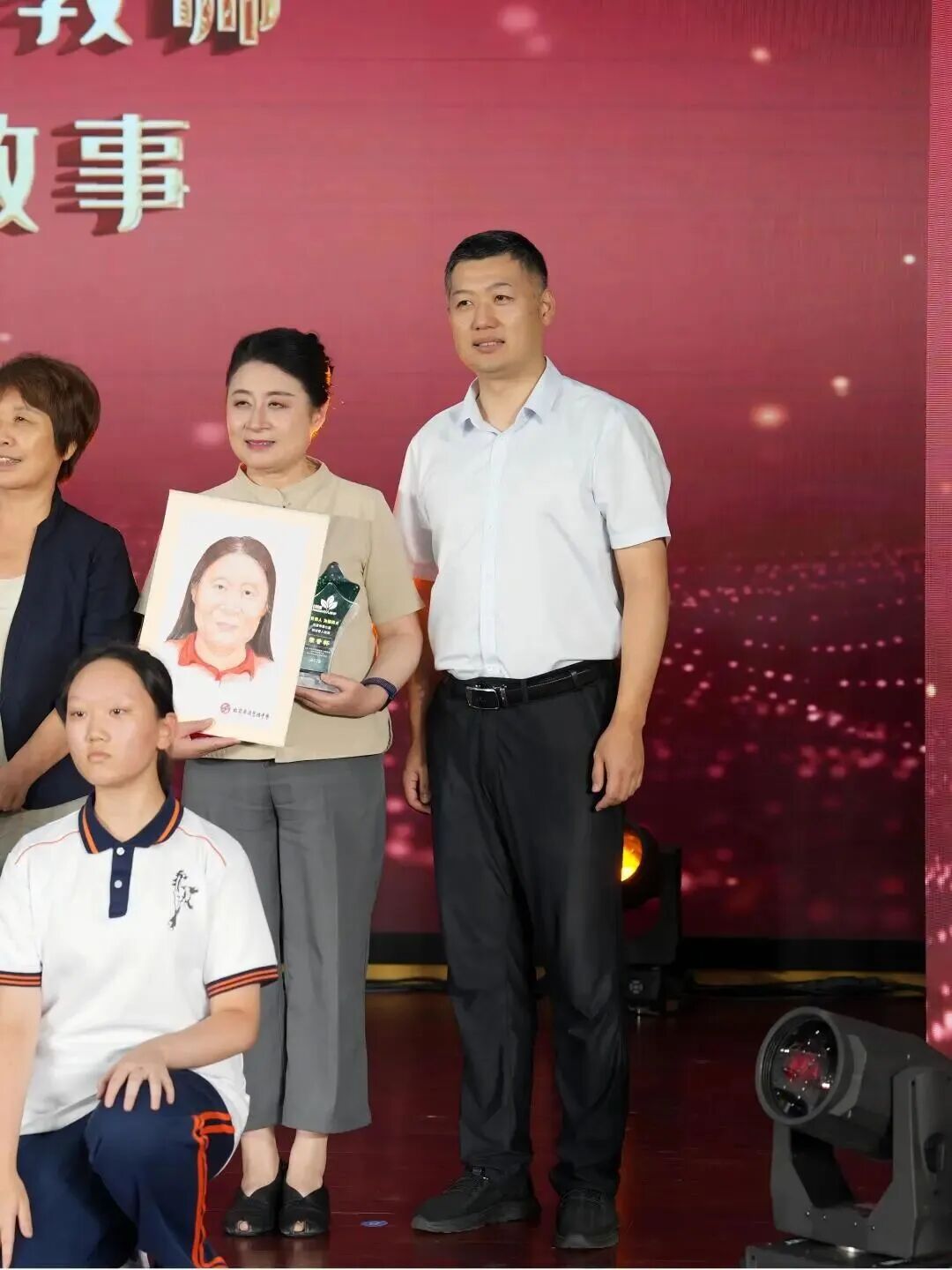
Professor Yan Li at the award ceremony*
How, then, can one organically integrate the three key responsibilities of a university professor — undergraduate teaching, scientific research, and graduate student training — so that they complement and reinforce one another? I would like to share an example.
In my years of practice, the combination of teaching General Chemistry and research on carbon nanotubes has become a typical case of these three aspects enhancing one another.
One major international challenge in carbon nanotube research is how to synthesize structurally uniform single-walled carbon nanotubes. This difficulty is comparable to trying to make countless grains of sand — each originally different in shape — identical. Around 2010, our team made a breakthrough in solving this problem. The inspiration, however, came from my teaching of General Chemistry.
It was precisely from explaining the concept of highly selective enzymatic catalysis in my course that I conceived a design principle for single-walled carbon nanotube catalysts based on structural matching. Drawing on my understanding of the periodic table and properties of elements, I was able to identify suitable catalysts.
Building on this, and in line with the principle I often emphasise in class — that studies of chemical processes must organically integrate thermodynamics and kinetics — I introduced kinetic regulation into nanotube growth. This led to a feasible strategy for the controlled growth of structurally uniform single-walled carbon nanotubes. Benefiting from the accumulated insights of General Chemistry teaching, this research in turn became one of the most vivid and engaging examples I could present when teaching fundamental principles and concepts in class.
In anonymous course surveys, students noted that this approach grounded in fundamentals opened up a magnificent and colourful view of the discipline. They learned the importance of rigour and truth-seeking, deepened their sense of responsibility toward the nation and society, and were further inspired to innovate.
Solid research foundations also greatly benefit graduate training. Several of the PhD students I supervised contributed to innovative projects during their doctoral studies, with their key results later recognised as core contributions to the National Natural Science Award. Many of them have since grown into outstanding young scholars in their own right. This kind of deep “mutual enrichment of teaching and research” has become the most valuable treasure of my career.
My students have also given me immense trust and encouragement — electing me as one of Peking University’s Top Ten Teachers and Top Ten Mentors. I am especially grateful to them, because my time with students has brought me the purest and most essential joy in life.
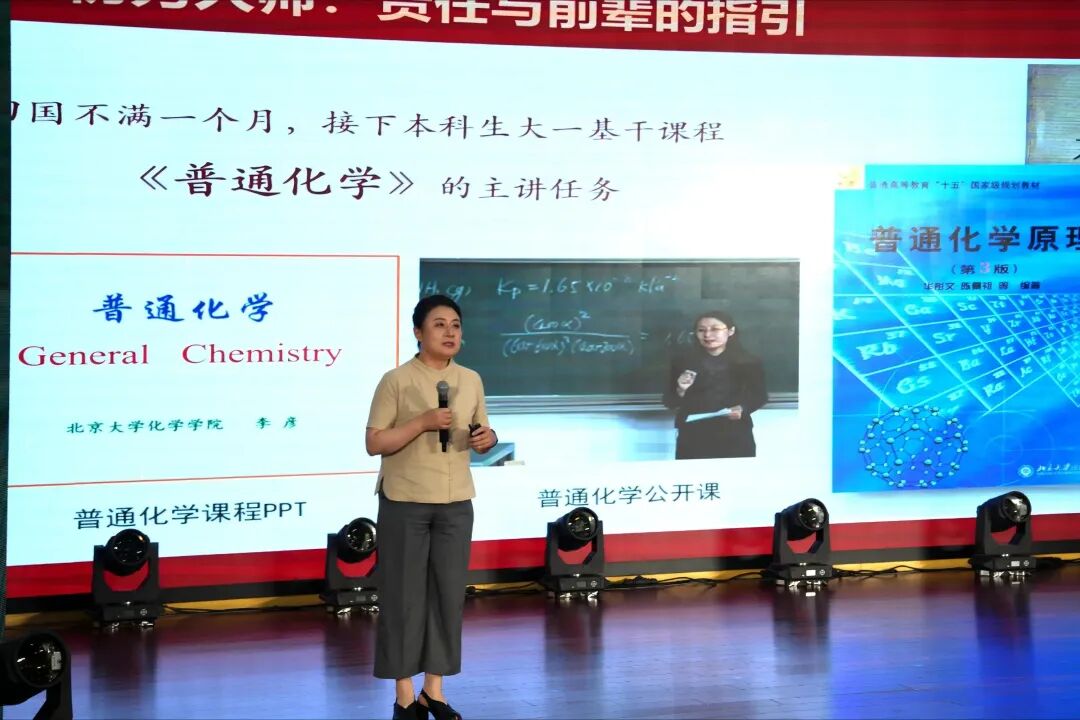
Professor Yan Li sharing her story at the event*
Love is the driving force of perseverance. Through long years of teaching and mentoring graduate students, I have come to deeply understand that education is never achieved overnight. One must not be overly eager for quick success. This insight has also profoundly shaped my attitude toward research, constantly reminding me that scientific exploration requires patience and perseverance. With this conviction, my group is currently tackling the demanding challenge of developing carbon nanotube materials for use in chips.
Education is about inheritance and enlightenment; research is about exploration and breakthroughs. I will continue, with reverence for the teaching spirit of my predecessors, pursuit of scientific truth, determination to address critical “bottleneck” problems, and above all, love for students and for education, to move steadfastly forward on this path.

